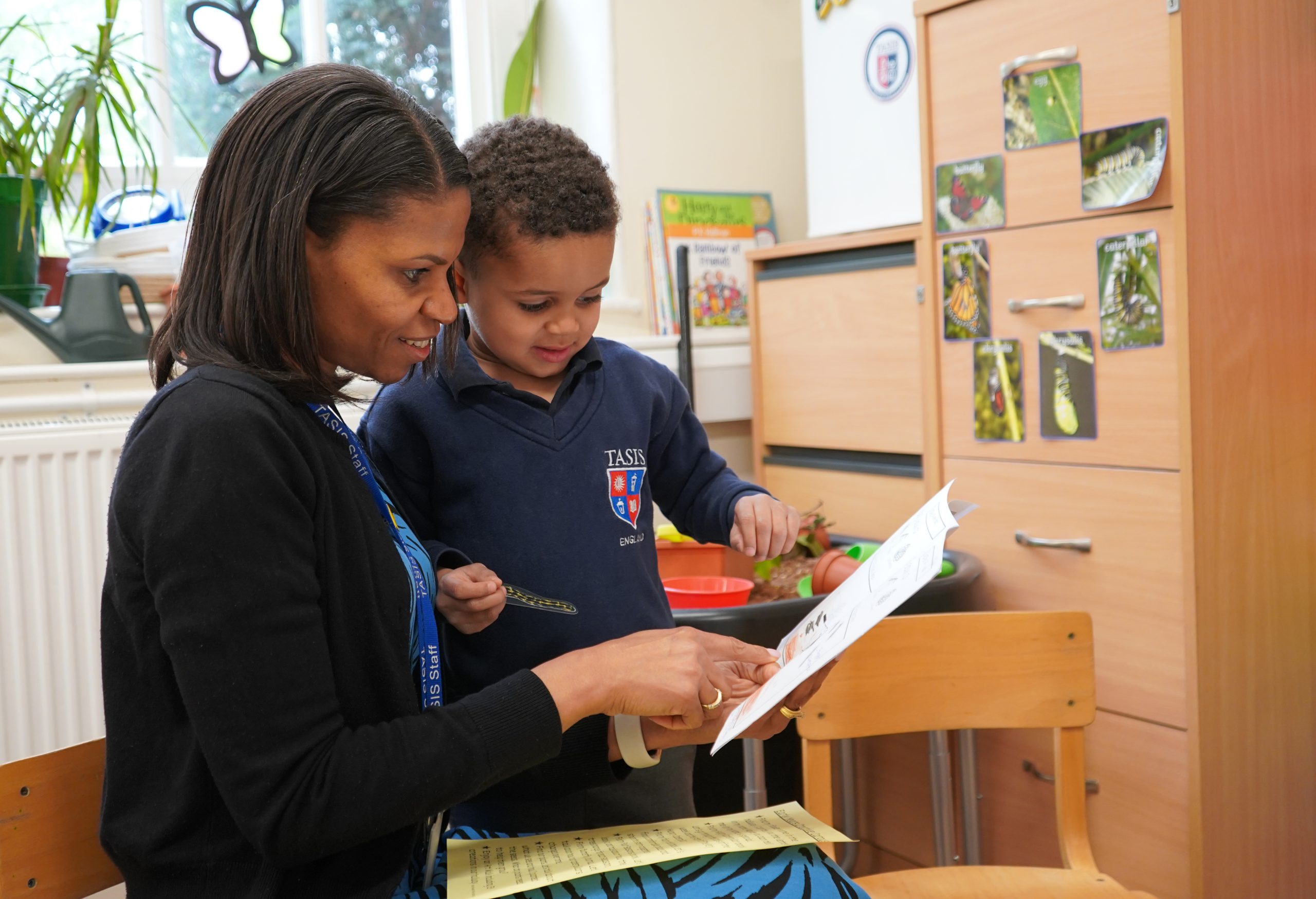Introduction
International schools play a vital role in shaping students’ success, especially at a time when our economies and cultures are more connected than ever. Furthermore, the foundation for student success is strengthened when schools and families work together.
With students often coming from diverse cultural and linguistic backgrounds, strong parent-school partnerships can significantly impact academic performance, emotional well-being, and overall development. Building these partnerships requires concerted effort from both sides, ensuring that parents are not just informed but actively involved in their child’s school experience.
Discover six key strategies that international schools and families can implement to enhance student success.
1. Establish Open and Transparent Communication
Communication is the foundation of a strong school-family relationship. In a clear and consistent manner, parents should be kept informed about their child’s academic progress, school events, and any challenges the school or the child may be facing. Additionally, international schools should bear in mind the choice of vocabulary to accommodate non-English-speaking families, and providing information in multiple languages to ensure accessibility for diverse families.
International schools should leverage multiple channels, including:
- Regular newsletters: Keep parents informed about school events, curriculum updates, and student achievements.
- Parent-teacher meetings and conferences: International schools can schedule frequent meetings, both in person and online to accommodate differing time zones, to discuss academic progress, challenges, and student well-being.
- Parent portals and apps: Digital tools like Google Classroom and Seesaw provide real-time access to school updates and student progress.
By maintaining lines of communication, including opportunities for two-way dialogue, families feel more engaged in their child’s education and can provide necessary support at home.
Families can also support two-way communication by providing the school with information about their child that would help the school support their learning and emotional growth. For example, if the child is experiencing stress due to health challenges of a family member, it is helpful for the school to know this information and partner with the family to support the child while at school.
2. Implement Personalised Support for Relocating Families
Since international schools often cater to expatriate families, they provide support systems to ease transitions into an often new culture and country. Of course, the challenges and needs of each family will be different, so a school’s efforts to support should be personalized where possible. Suggested effective strategies include:
- Orientation programs for new students and families
- Counseling services for adaptation and cultural integration: Schools can collaborate with parents to address social, emotional, and mental health needs with experts.
- Student buddy systems to help newcomers settle in with peers
3. Community Building and Support Networks
A strong school community benefits everyone. As parents and guardians navigate the world of education alongside their children, and possibly even navigate a transition into an entirely new country upon relocation, international schools have a crucial role in facilitating parent-to-parent connections. This can be by:
- Organizing parent networking events
- Creating social groups for new families
- Offering mentorship programs for parents of transitioning students
When families feel part of a supportive community, they are more likely to stay engaged and actively contribute to their child’s education.
4. Foster a Culturally Inclusive Environment
International schools serve diverse communities, often with students and families from various cultural backgrounds. Such schools, then, have a unique opportunity to dedicate time to developing a sense of belonging by acknowledging and celebrating different traditions, languages, and customs. This can be done through various ways, such as:
- Multicultural events and celebrations: Families could be invited to share their traditions through cultural fairs, language clubs, and international festivals.
- Language support programs for non-native speakers: Parents must be informed about English-as-an-Additional-Language (EAL) programs the school offers and how they can support language development at home.
- Encouraging parental involvement in sharing cultural perspectives
When families see their cultures represented and respected in an educational setting, they are more likely to feel connected to the school.
5. Encourage Active Parent Involvement
Parents play a crucial role in supporting their child’s learning outside the classroom. International schools, naturally serving diverse communities, must be especially mindful of different educational experiences. In that sense, schools can empower families by providing resources and guidance on how to support the understanding of academic concepts, identify learning styles and know the school’s curriculum. Ways to ensure this include:
- Tailored learning plans: If a child has specific academic needs, schools can work with parents to create individualized strategies.
- Interactive workshops for parents on curriculum and teaching methods: Schools can host workshops, both in person and online, where teachers demonstrate various teaching techniques parents can use at home.
- Encouraging initiatives that involve family participation: Schools can also involve parents in hands-on activities, such as art exhibitions or sports festivals, where families can engage in learning alongside their children.
When parents understand how their child learns best, and have a clear understanding of the educational offering of the international school, they can provide more meaningful support at home.
6. Prioritise Student Well-being and Mental Health
A child’s well-being is just as important as their academic success. When students receive consistent emotional support at school and home, they ultimately develop greater confidence and motivation to succeed. Schools and families should work together to ensure students feel emotionally supported and develop resilience. Schools can assist by:
- Hosting parent education sessions on adolescent development and well-being: Schools can invite guest speakers, such as psychologists or health professionals, to provide insights on maintaining a healthy emotional balance.
- Providing counseling services and mental health resources: Designated safe spaces within the school can help reduce the stigma surrounding mental health and encourage students to seek support when needed.
- Implementing mentorship programs that connect students with supportive role models
Parents should also be encouraged to foster open conversations with their children about mental health and emotional well-being, ensuring that students feel safe discussing their struggles and seeking help when needed.
Key Takeaways
Collaboration between international schools and families creates a nurturing environment that cultivates student success.
By prioritizing communication, personalized support, building a parent community, cultural inclusivity, parental engagement, and mental well-being, schools can create a supportive environment where students and their families flourish. When schools and families work together, students benefit from a well-rounded, supportive education that emboldens them to achieve personal and academic growth, thus reaching their full potential.
By taking intentional steps to strengthen parent-school partnerships, international schools create learning experiences that inspire, challenge, and nurture every student’s success, ensuring that students are equipped with the skills, knowledge, and emotional resilience needed for future success. The more collaborative the effort, the stronger the foundation for life-long learning and development.









